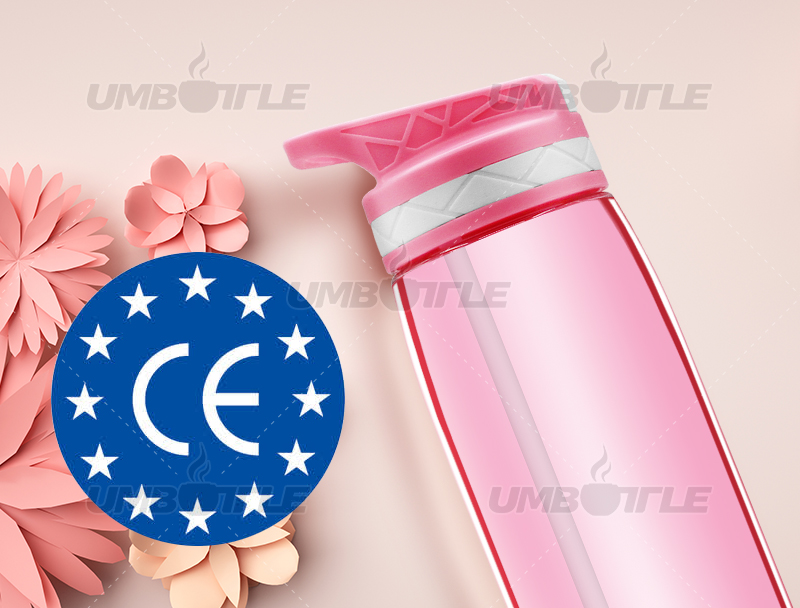What are the sales restrictions imposed by the European Union on plastic cups?
Plastic cups have long been common disposable items in people's lives. However, due to the serious impact of plastic pollution on the environment and health, the European Union has taken a series of measures to restrict the sales of plastic cups. These measures aim to reduce the generation of disposable plastic waste, protect the environment, and promote sustainable development.
Firstly, in 2019, the European Union passed the Single-Use Plastics Directive. According to this directive, the EU will ban the sale of some common items in disposable plastic products, including plastic cups, straws, cutlery, and cotton buds. This means that businesses are not allowed to supply or sell these prohibited items, and member states need to take measures to ensure the implementation of the directive.
In addition, the European Union encourages member states to take other restrictive measures, such as imposing plastic bag taxes and establishing plastic bottle recycling systems. These initiatives aim to raise awareness about plastic waste and encourage people to be more environmentally conscious. By increasing the cost of plastic products and providing viable alternatives, the EU hopes that consumers will switch to more sustainable options, such as reusable cups or paper cups.
These sales restrictions have a significant impact on the environment. Disposable plastic products are typically used in large quantities and quickly discarded, leading to a large amount of plastic waste entering the natural environment and posing harm to wildlife and ecosystems. By restricting the sales of plastic cups and other items, the EU hopes to reduce the generation of plastic waste and promote sustainable resource utilization and a circular economy.
However, these measures also face some challenges and controversies. Firstly, some businesses and manufacturers may be unhappy with the sales restrictions as it may impact their operations. Secondly, consumer habits and preferences also need to adapt to these changes. Many people are accustomed to using disposable plastic products, and adopting sustainable alternatives may require time and educational efforts.
Nevertheless, it is worth noting that the European Union's measures to restrict the sales of plastic cups aim for long-term sustainable development and environmental protection. It prompts people to reconsider their consumption habits while promoting innovation and market competition, driving the development of more environmentally friendly products and solutions.
In conclusion, the European Union has taken measures to restrict the sales of disposable plastic products, including plastic cups, with the aim of reducing the negative impact of plastic waste on the environment. Despite the challenges, these measures help to encourage people to shift towards sustainable choices and promote innovation and market transformation for a more environmentally friendly future.

Dongguan Zhanyi Commodity Technology Co., Ltd. specializes in the production of metal cups, plastic cups, coffee cups, suction mug, lunch boxes, food jar, travel mugs, portable water bottles, sports bottles, home life desktop trash cans, thermos bottles, etc.These products are all our annual exports, and are recognized and loved by the US, Europe, Australia, Japan, South Korea, Taiwan, Hong Kong and other consumers. Support for small quantity order, fast customization.